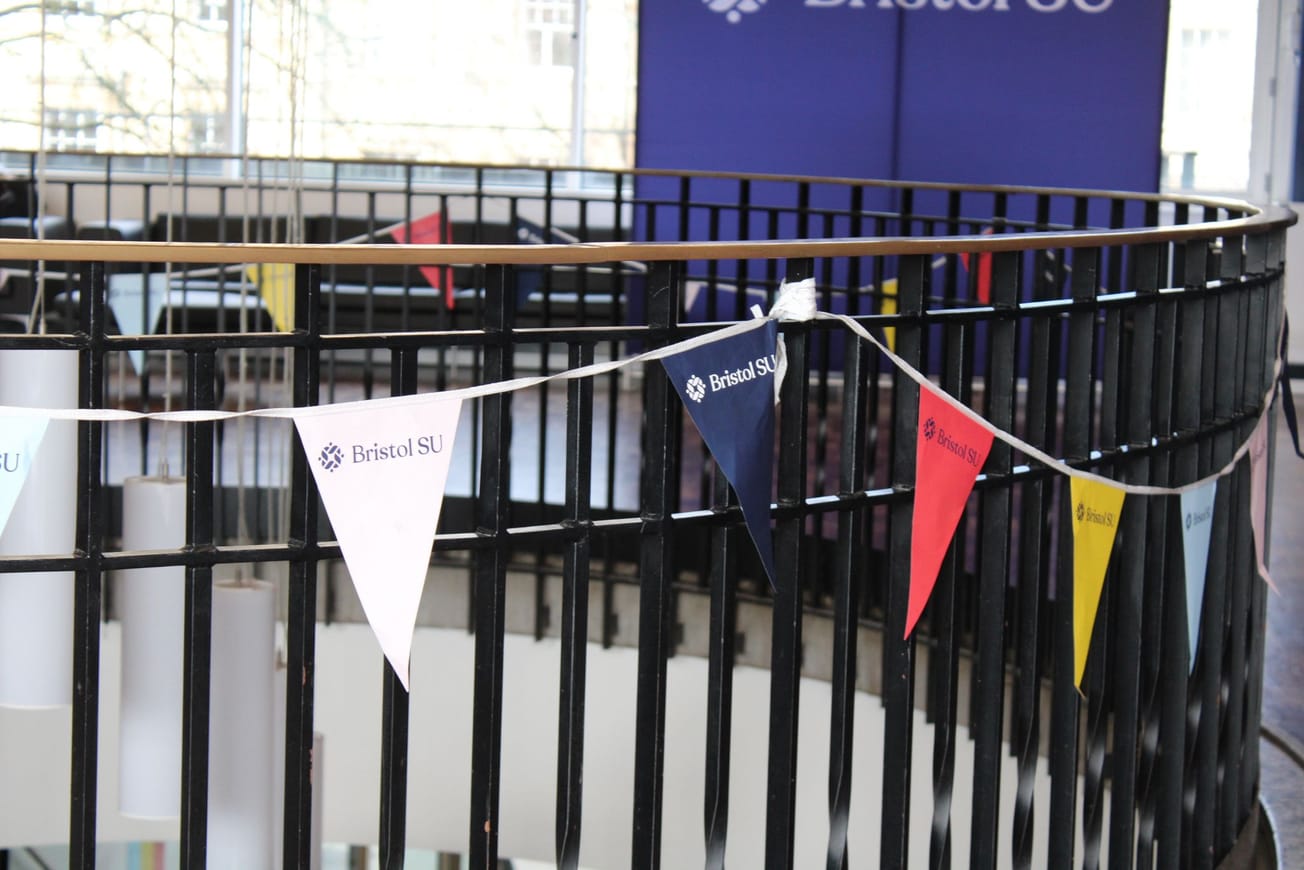By Grace Kirby, Second Year History & Feature Writer
According to the 2020 Health and Wellbeing report, 41% of students are diagnosed with a mental health problem when at Bristol University, 48% of these students are now receiving drug treatment, and 32% of students feel alienated at university - but what's the connection?
Out of the 282,213 undergraduate and postgraduate students at Bristol, 11,571 are now using medication for mental health disorders, with depression being the most common. As someone who suffers from depression, this bleak figure comes as no surprise to a pessimistic mind, but what can we genuinely do to make ourselves happy?
Taking antidepressants is the most immediate and possibly easiest option. When I initially started taking antidepressants, I assumed that my brain chemistry naturally produced less serotonin than other people's and that this was merely a medical fault. I was sold on this theory, and I've been taking a variety of SSRIs since then, increasing the dosage or switching to a new one whenever I thought it wasn't working. Obviously unsustainable in the long run, I felt it was the only way to mend my ‘damaged’ thinking and that if I continued to take them, everything else will fall into place. This yearning for a private and personal remedy — the psychological equivalent of a drug – is a hallmark of a mentality that leads many individuals to depression in the first place.
Brett Ford, a social scientist, set out to see if actively attempting to make oneself happier in the first place worked. As someone with a really outstanding headspace record (not to brag) and a very steady gym record (let's say), I laughed at this very concept. The researchers investigated this topic in four countries: the United States, Russia, Japan, and Taiwan, following thousands of people, some of whom had decided to pursue happiness and others who had not. When they compared the results, they discovered something unexpected. If you try to be happy on purpose, you will not be happy if you live in the United States. However, if you live in Russia, Japan, or Taiwan, you will be happy. For a long time, social scientists have understood that there is a large discrepancy between how we think of ourselves in Western countries and how people throughout much of Asia think of themselves.
There are several experiments you may conduct to demonstrate this. For example, take a photograph of a small girl who is broadly smiling in the centre of a group of other girls who appear unhappy. Show it to people and ask if the female in the centre seems joyful or sad. Westerners believe she is cheerful, whilst Asians believe she is unhappy. Why is this so? Because the Western mindset has no trouble segregating individuals from the group, while collectivist cultures assume that if a person is surrounded by distress, she would be upset.
If you decide to pursue happiness in the United Kingdom, you do it for yourself because you believe that's how it works. Most of the time, you do what I do. You purchase things for yourself (RIP my bank account) and stack up accomplishments for yourself (I earned best effort in year 9) to boost your own ego. In Asia, though, intentionally pursuing happiness results in something entirely different. You want to make things better for your group, for the people around you; that's what pleasure means to you, so it appears clear. These are fundamentally opposing perspectives of what it means to become happier. It turns out that, for all of the reasons I said earlier, our western interpretation of happiness does not work, but the collective-based vision of happiness can.
This makes me wonder how easy we can suggest that the cure to all of the University of Bristol’s misery is to do what the majority do and take a tablet, and presumably, in my case, take it forever. This was the type of answer I was looking for: something unique, something you can do alone without any effort, something that takes 20 seconds to swallow every morning so you can get back to your everyday life. If it couldn't be chemical, I needed some technique, some switch I could turn to make everything okay. This data, however, was telling me that the desire for rapid individual answers is a trap. Looking for individual solutions is part of what got us into this mess in the first place. Genuine connection and aid cannot reach us because we have gotten so imprisoned by our own ego.

In no way am I condemning people taking antidepressants as there are apparent studies that show their effectiveness. Instead, I am stressing incorporating this with a new collectivist mindset that may help, even if in the slightest. I started to think of one of the most apparent cliches we have: be yourself. We say it to encourage people when they are lost or down, even our shampoo bottles tell us - because you're worth it. Yet, looking at this research, the obvious conclusion is if you want to stop being depressed, don't fixate on your worth. It is thinking about you, you, you that's helped to make you feel so lousy.
When I applied this technique, I realised that it often - though not always - stopped the slide downward. It worked much more effectively than building myself up alone and revealed the link between the similar figures of diagnosed, isolated and medicated students at Bristol. I am trying to show here the claim that a chemical imbalance causes depression in the brain and that the primary solution for most people is a chemical antidepressant is the same story that has made pharmaceutical companies over £100 billion. This could be one of the crucial reasons why it persists. The real story has been known to scientists for decades - depression and anxiety had three kinds of causes: biological, psychological and social. They are all real, and none of these three can be described by something as crude as the idea of a chemical imbalance.
In a world that thinks there's no such thing as society, the idea that depression and anxiety have social causes will seem incomprehensible. Pharmaceutical industries offered the solution that an isolated materialistic culture thought it needed - one you can buy. We have lost the ability to understand that some problems can't be solved by shopping. So instead of seeing your depression and anxiety as a form of madness, it is helpful to see the sanity in the sadness.
The feelings make sense. Of course, the feelings of depression or anxiety are excruciating, but if you touch your hand to a burning stove, that too will be agony. If you move your hand away as quickly as possible, that's a sane response. You realised it was painful and stopped what you were doing. If you kept your hand on the stove, it would burn and burn until it was destroyed. So, you need that moment to realise you are in the wrong mindset. Depression and anxiety might, in one way, be the sanest reaction you have to a mentality of isolating yourself.
Bristol SU launches Student Mental Health Partnership Project
Bristol University Science of Happiness course shown to improve students' mental health
Although this post is certainly not ground-breaking, the concept that I could focus on anything or perhaps someone other than myself as a diversion or possibly to assist myself surprised me. I'm not claiming it'll be easy, but it could become easier. So, please, this summer, strive to do simple things that will help and brighten the lives of others. Volunteering, offering tea, sharing your baccy, or simply asking the man outside Sainsbury's if he needs anything may all be advantageous. This might possibly, and hopefully, lead to a reduction in the above dire statistics to anyone that is suffering silently.
If you or someone you know needs help, the Student Wellbeing Service is available for 24 hour support on +44 (0)117 456 9860 and can also be contacted on wellbeing-access@bristol.ac.uk.
Featured Image | Matthew Gerrard
Will you consider engaging in collectivism to help your mental health?









